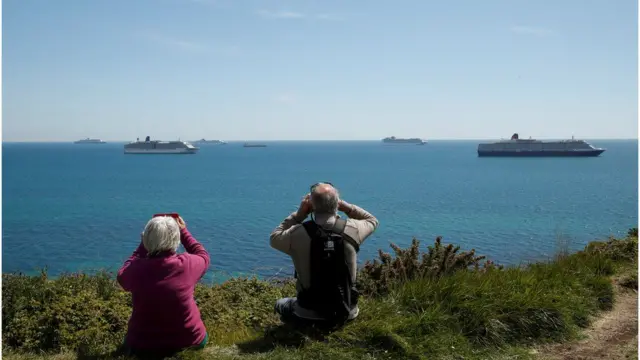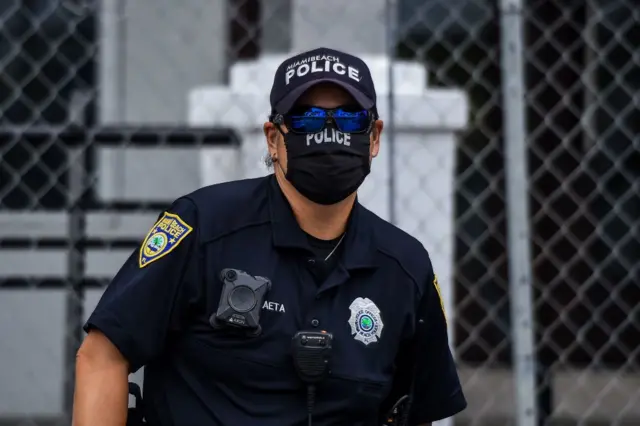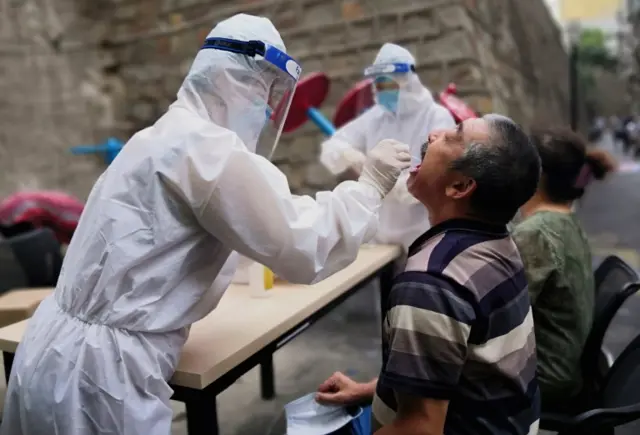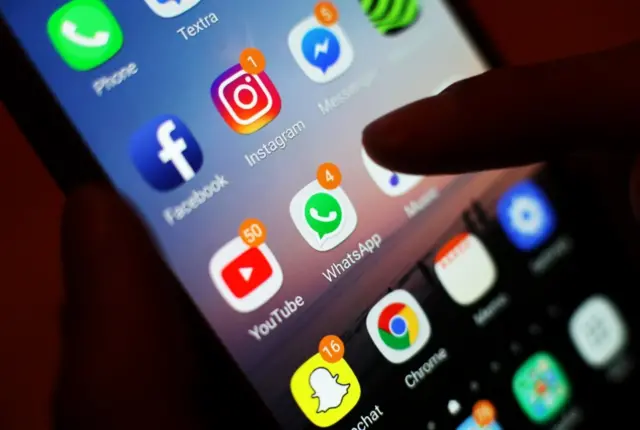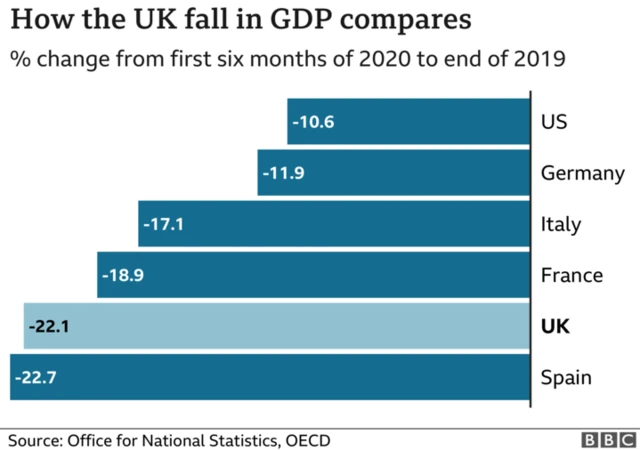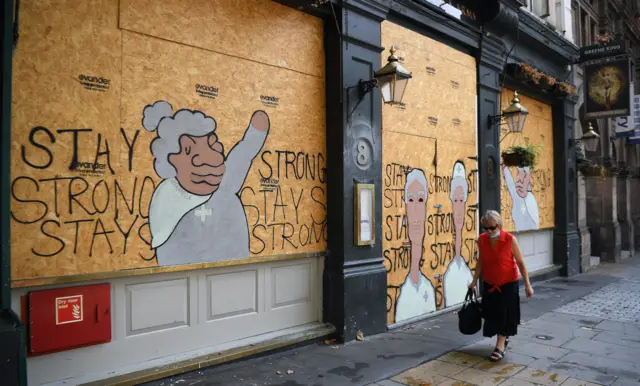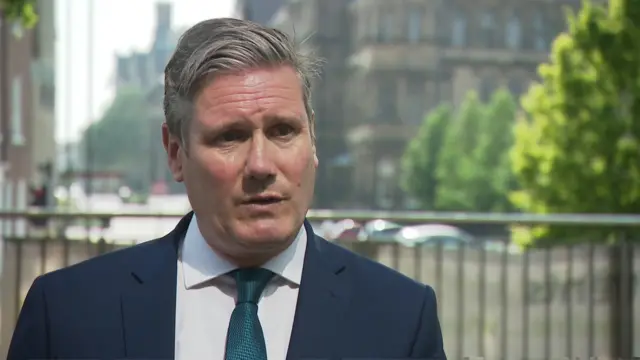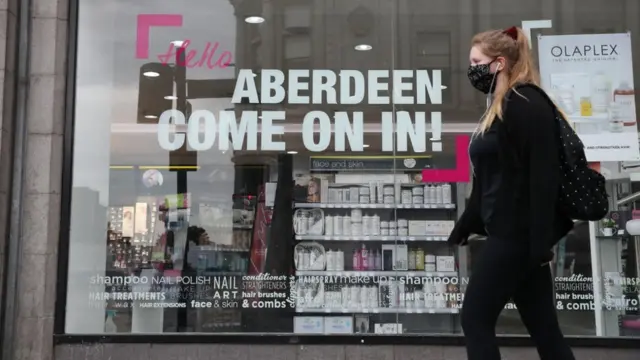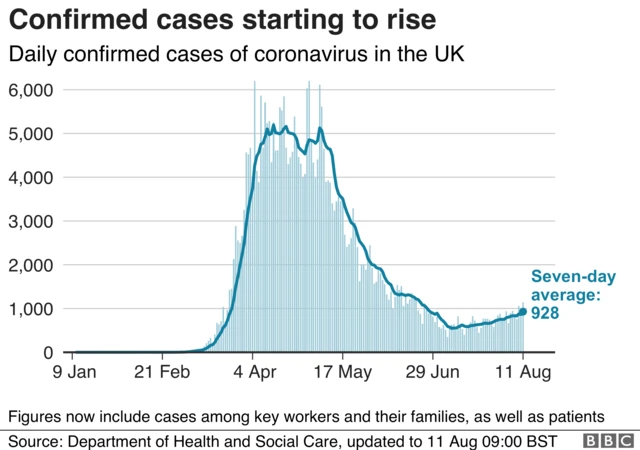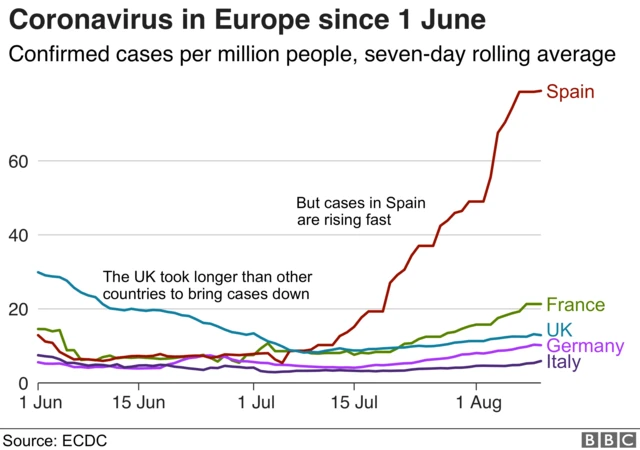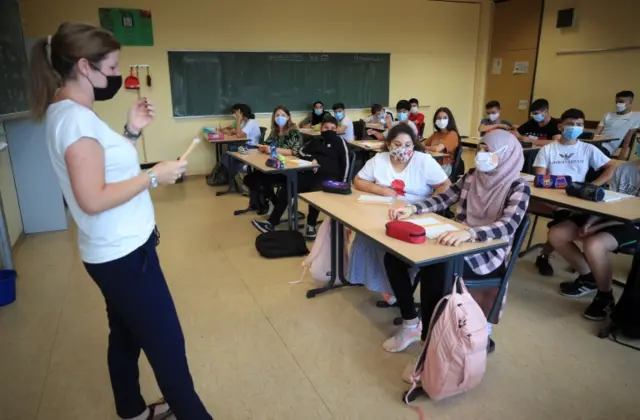Six more deaths in Englandpublished at 15:41 BST 12 August 2020
Another six people who tested positive for coronavirus have died in hospital in England, says NHS England.
It brings the total number of confirmed deaths in England to 29,431.
Two more deaths were reported where Covid-19 was mentioned on the death certificate but there was no positive test result.
UK-wide figures are expected to be reported later, but may differ from the totals from the four nations as they are calculated on a different time frame and include deaths in care homes and the community, as well as in hospital.

